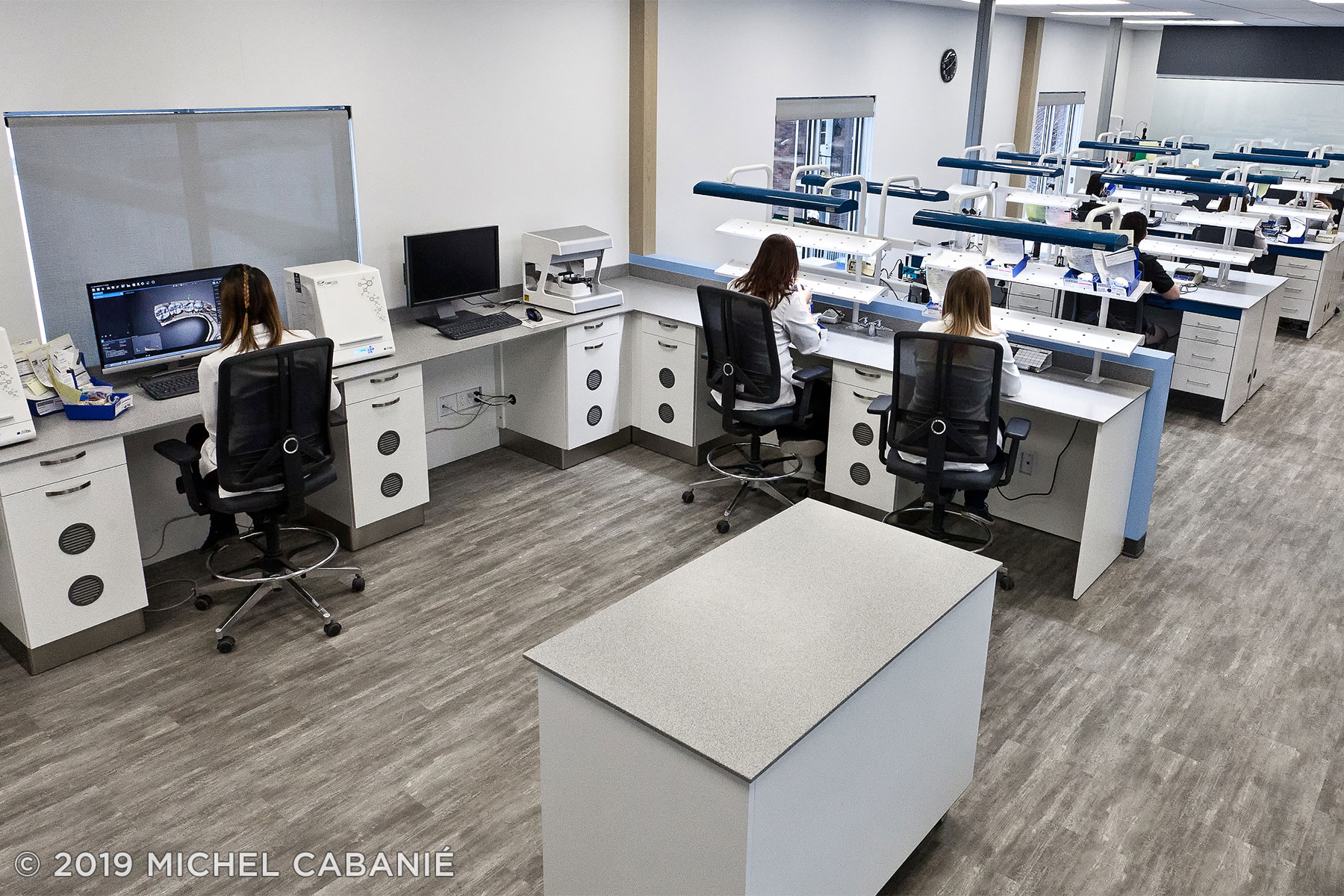Laboratories are hubs of innovation and discovery, where scientific breakthroughs and research advancements are made. A crucial aspect of any laboratory setup is the furniture, particularly laboratory benches and cabinets. These elements not only provide the necessary workspace and storage but also contribute significantly to the efficiency and functionality of the lab. In this comprehensive guide, we’ll explore everything you need to know about laboratory benches and cabinets, from their types and features to their importance and how to choose the right ones for your lab.
Laboratory Benches and Cabinets
Laboratory Benches and Cabinets play crucial roles in laboratory settings, providing workspaces and storage solutions essential for efficient and organized work environments. These furniture pieces are designed to meet specific needs, ensuring safety, functionality, and durability.
Types of Laboratory Benches and Cabinets
Laboratory benches and cabinets come in a variety of types and configurations, each serving specific purposes based on the needs of the lab. Some common types include:
Fixed Height Benches
These benches have a fixed height and are suitable for general lab work.
Adjustable Height Benches
These benches allow users to adjust the height, making them ideal for tasks that require different working heights or for users of varying heights.
Chemical Resistant Benches
These benches are made from materials that can withstand exposure to various chemicals, making them suitable for labs where chemical handling is common.
Cleanroom Benches
These benches are designed for use in cleanroom environments, where maintaining a sterile environment is crucial.
Instrument Benches
These benches are designed to hold specific lab instruments, providing a stable and secure platform for their operation.
Features to Consider
When choosing laboratory benches and cabinets, several key features should be considered to ensure they meet the specific needs of your lab:
Material
The material used should be durable, easy to clean, and resistant to chemicals and corrosion. Common materials include stainless steel, epoxy resin, and phenolic resin.
Storage
Cabinets should provide ample storage space for lab equipment, chemicals, and supplies, with adjustable shelves for flexibility.
Work Surface
The work surface should be spacious enough for the intended tasks and should be easy to clean and maintain.
Mobility
Consider whether mobility is necessary. Some benches come with wheels for easy movement, while others are stationary.
Safety Features
Look for benches and cabinets with safety features such as locking mechanisms to prevent unauthorized access to hazardous materials.
Importance of Quality Laboratory Benches and Cabinets
Quality laboratory benches and cabinets are essential for several reasons:
Safety
They provide a safe and secure environment for storing hazardous materials and conducting experiments.
Efficiency
Well-designed benches and cabinets can improve workflow and efficiency in the lab, allowing researchers to focus on their work.
Organization
They help keep the lab organized by providing designated storage space for equipment and supplies.
Durability
High-quality benches and cabinets are durable and long-lasting, reducing the need for frequent replacements.
Choosing the Right Laboratory Benches and Cabinets
When choosing laboratory benches and cabinets for your lab, consider the following factors:
Lab Requirements
Determine the specific needs of your lab, such as the type of work being done, the amount of storage space required, and any special requirements for materials or safety features.
Budget
Consider your budget and look for options that offer the best value for your money without compromising on quality and functionality.
Space Constraints
Consider the size of your lab and choose benches and cabinets that fit comfortably within the available space.
Future Expansion
Plan for future growth and choose benches and cabinets that can accommodate your future needs.
Conclusion
